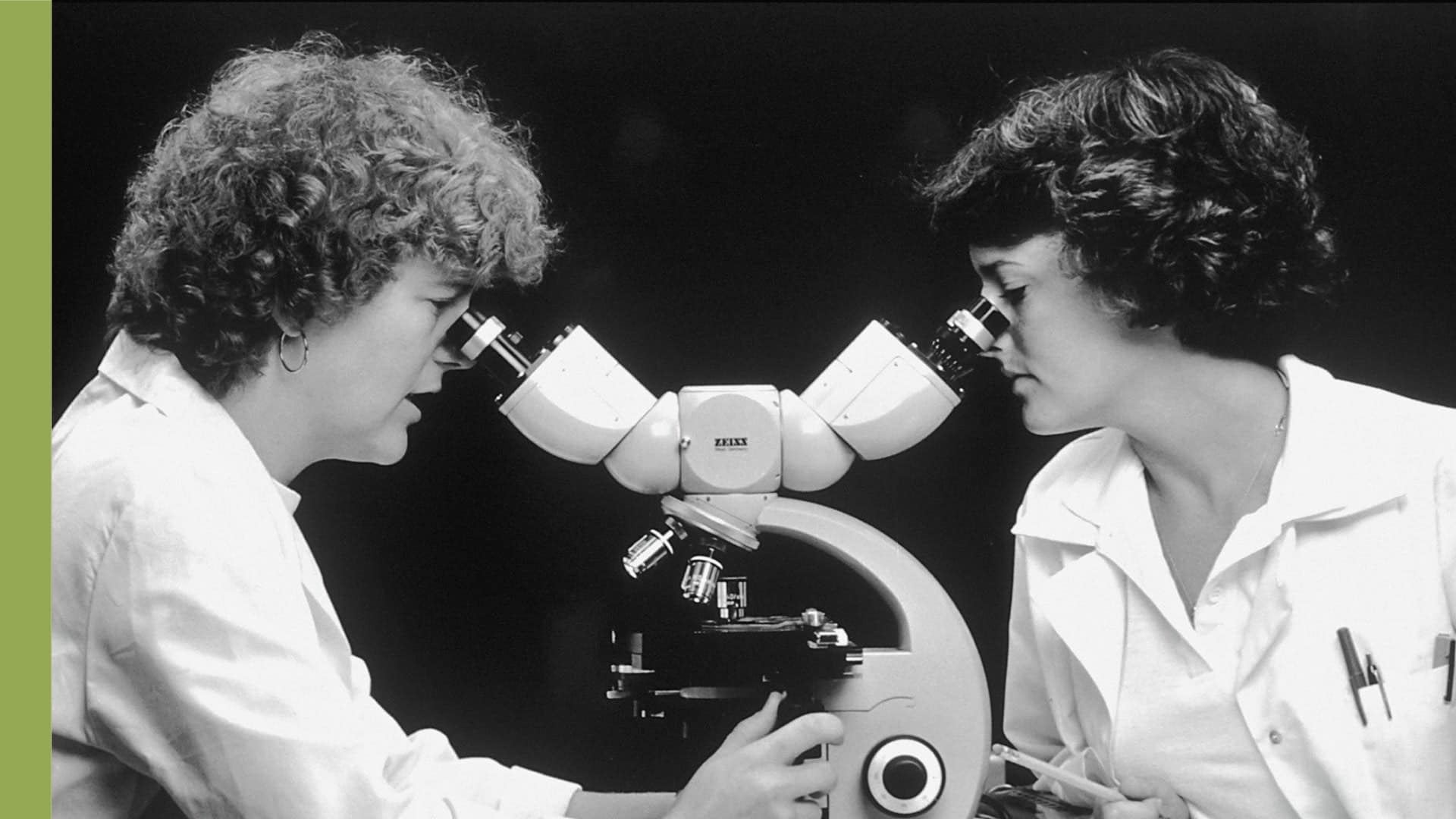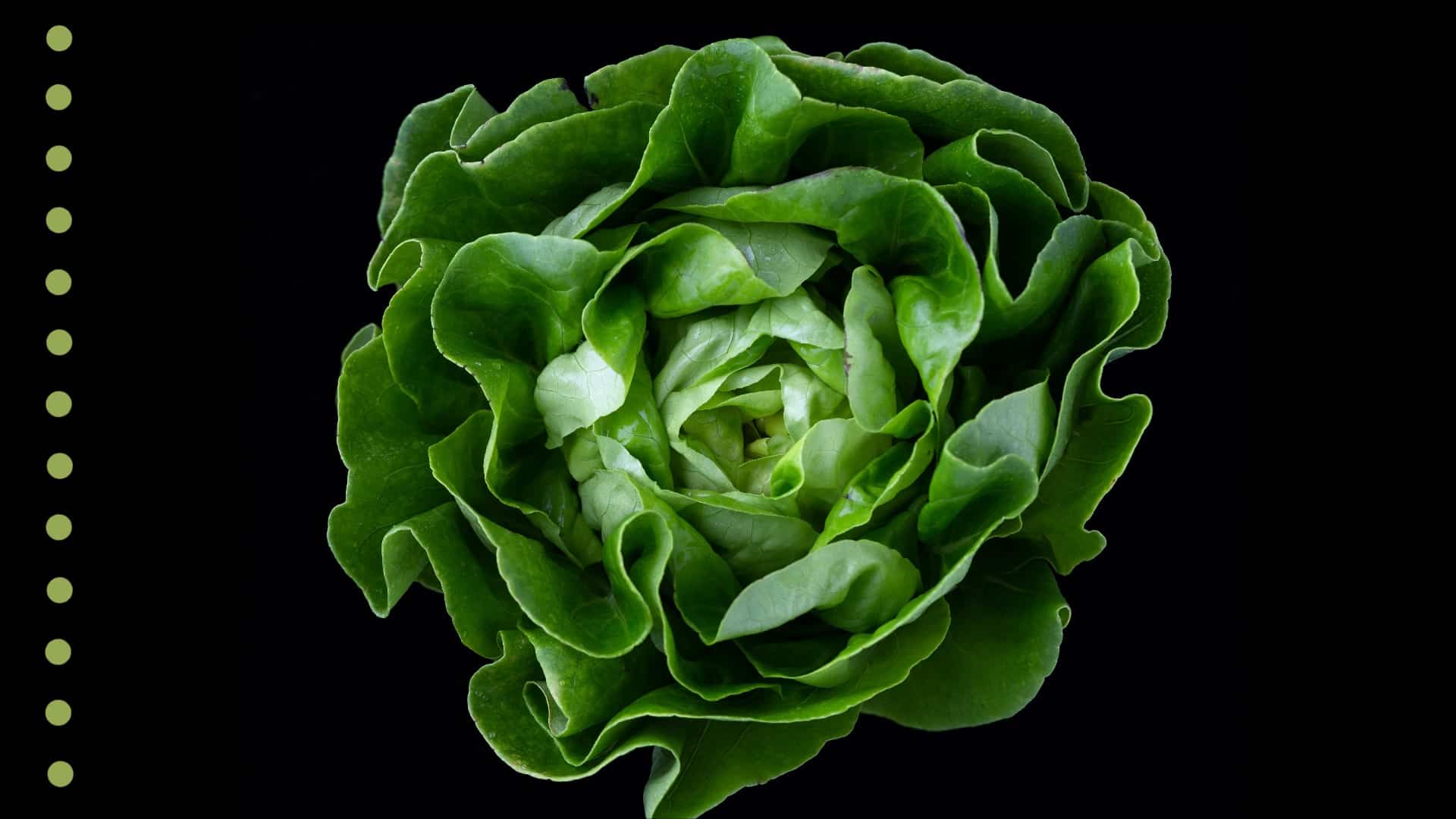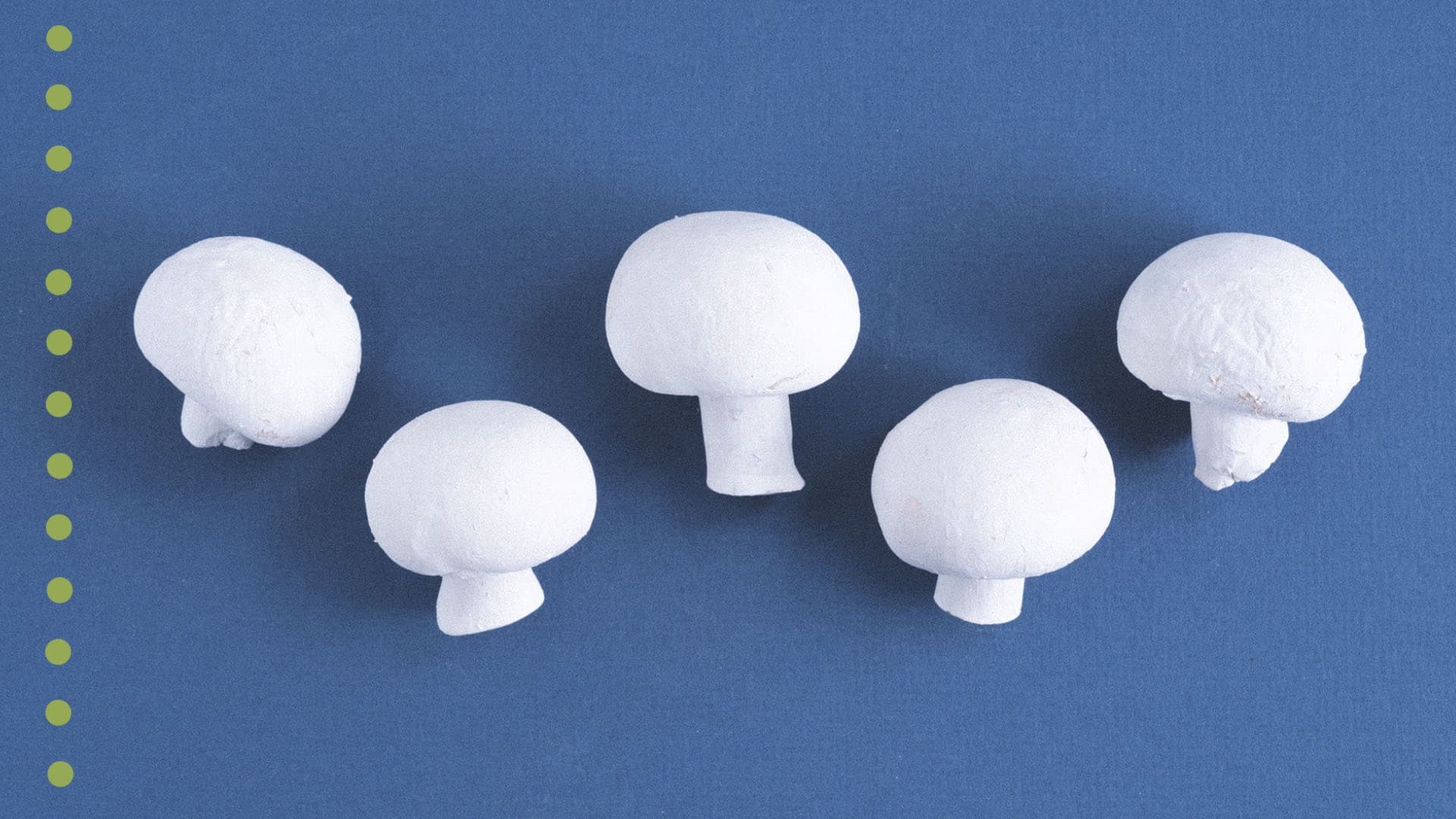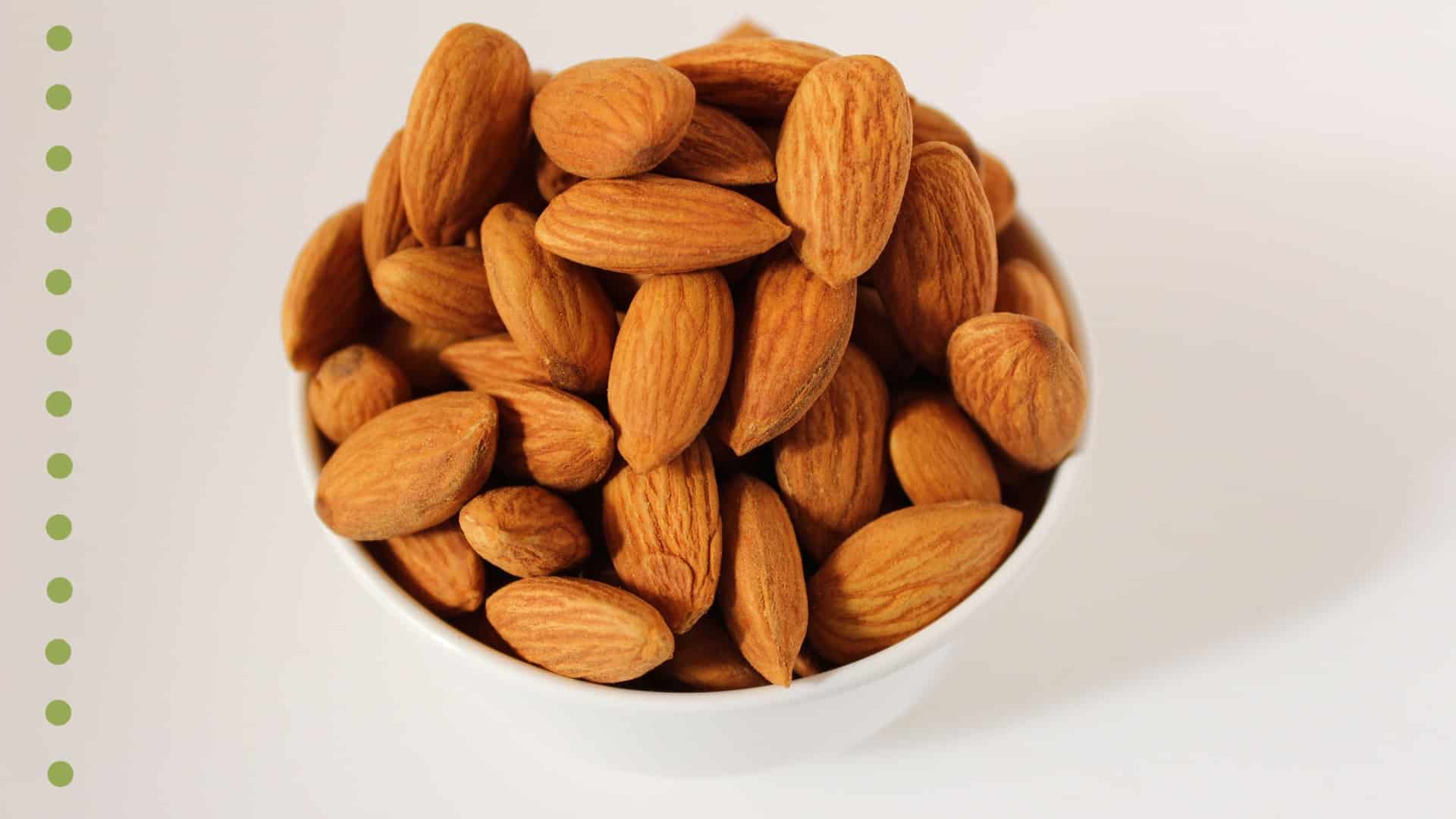-

Guest Post: Annual Collection of Top Vitamin D Publications – By William B. Grant, PhD
[Note: We are committed to publishing emerging developments, studies, and opinions on the edges of health. This is a guest post by William B. Grant, PhD. All opinions expressed by guest contributors are solely the writer’s own, and are not reflective of the opinions of Historic Health.] William B. Grant, PhD, was educated as a […]
Read More - 10 minute read -

People Are Taking P5P Supplements Instead of Vitamin B6. Are They Onto Something?
The supplement industry is always buzzing about B-complex vitamins, and for good reason. But a special type of B-vitamin is making people rethink their routines: P5P. Short for pyridoxal-5-phosphate, P5P is the active form of vitamin B6. Normally, when you ingest vitamin B6 through food or supplements, your liver has to convert it to P5P […]
Read More - 6 minute read -

Got Acne? Get Some Vitamin C, ASAP
Acne: it’s not just a nightmare for teenagers. According to the American Academy of Dermatology, it’s the most common skin condition in the United States, with 50 million Americans suffering symptoms from pesky pustules to painful cysts. While there is no one-size-fits-all cure, treatments abound. From special diets to birth control pills to topical ingredients […]
Read More - 5 minute read -

My Supplement Formula: Dr. Jaclyn Tomsic
Welcome to “My Supplement Formula,” our interview series that explores how high achievers use nutrition to unlock their potential. Check in each month to get an exclusive look into the supplement routines of the world’s greatest athletes, artists, and entrepreneurs.
Read More - 4 minute read -

High Vitamin B12 Levels and Cancer: Is There a Link?
If you’ve heard rumblings about a potential link between vitamin B12 and cancer, you might be tempted to throw your supplements out the window. Not so fast, though—this is likely a matter of correlation, not causation.
Read More - 5 minute read -

My Supplement Formula: Sara Quiriconi
Welcome to “My Supplement Formula,” our interview series that explores how high achievers use nutrition to unlock their potential. Check in each month to get an exclusive look into the supplement routines of the world’s greatest athletes, artists, and entrepreneurs.
Read More - 4 minute read -

What are Macronutrients, a.k.a. “Macros”?
Have you recently heard someone talking about “counting macros,” and wondered what they were talking about? When we talk about macros, we’re talking about macronutrientsL a category of nutrients that your body simply can’t live without.
Read More - 5 minute read -

Micronutrients 101: Your Essential Guide
You may think you’ve never heard of micronutrients. But have you heard of vitamins and minerals? That’s what we’re referring to when we use the term “micronutrients.” The “micro” in the name refers to the amount our bodies need to function properly (read: not very much).
Read More - 5 minute read -

Vitamin B12 (Cyanocobalamin)
Vitamin B12, or cobalamin, keeps blood and nerve cells healthy, helps make DNA, and plays a key role in energy production. Vitamin B12 is naturally found in most animal foods. It can also be added to foods or supplements.
Read More -

Vitamin B9 (Folate or Folic Acid)
Vitamin B9 (commonly known as “folate”) is naturally present in many foods. Folate is primarily needed to make DNA and other genetic material. It also enables cells to divide. A form of folate, called folic acid, is used in fortified foods and most dietary supplements.
Read More -

Vitamin B7 (Biotin)
Vitamin B7, more popularly known as biotin, is a water-soluble B vitamin found naturally in some foods and also in supplements. Like other B-vitamins it helps enzymes to break down fats, carbohydrates, and proteins in food. However, its key function is to help regulate signals sent by cells and the activity of genes.
Read More -

Vitamin B6 (Pyridoxine)
Vitamin B6 is naturally present in many foods and required by the body for more than 100 enzyme reactions involved in metabolism. It also assists brain development during pregnancy as well as immune function.
Read More -

Vitamin B5 (Pantothenic Acid)
Vitamin B5 (pantothenic acid) is one of eight B vitamins and an essential nutrient that is naturally present in a wide variety of plant and animal foods. The main function of this water-soluble B vitamin is in the synthesis of coenzyme A (CoA) and acyl carrier protein which aids fatty acid synthesis.
Read More -

-

Vitamin B3 (Niacin)
Vitamin B3 (niacin) is a water-soluble nutrient that helps your body convert food into energy, create cholesterol and fats, create and repair DNA, and has antioxidant effects.
Read More -

Vitamin B2 (Riboflavin)
Vitamin B2 (also known as riboflavin) is a water-soluble nutrient that’s naturally present in some foods, added to some food products, and available as a dietary supplement. Vitamin B2 plays a key role in the growth of cells, energy production, and processing fats, steroids, and medication.
Read More -

Vitamin B1 (Thiamine)
Vitamin B1, also known as thiamine, is one of eight B vitamins. This water-soluble nutrient enables your body to use carbohydrates as energy.
Read More -

-

-

DISCOVER FILTERS
-
Abnormal heart rate
-
Aggressive behavior
-
Anemia
-
Bleeding gums
-
Blood in stool
-
Blood in urine
-
Bloody nose
-
Bone deformities
-
Bone fractures
-
Bone weakness
-
Bright red tongue
-
Brittle nails
-
Bruising
-
Burning of feet
-
Burning of hands
-
Canker sores
-
Cardiovascular issues
-
Cataracts
-
Cavities
-
Changes in color of fingernails
-
Changes in color of hair
-
Changes in color of skin
-
Chronic inflammation
-
Coma
-
Confusion
-
Constipation
-
Cracked lips
-
Cracks at the corners of mouth
-
Delayed development in infants
-
Dental abnormalities
-
Depression
-
Diarrhea
-
Difficulty concentrating
-
Dry skin
-
Enlarged heart
-
Excess blood
-
Extremely sensitive hearing in infants
-
Fatigue
-
Frequent infections
-
Glossitis
-
Goiter
-
Gum inflammation
-
Hair depigmentation
-
Hair loss
-
Hallucinations
-
Headaches
-
Heart palpitations
-
Heartburn
-
Hemolytic anemia
-
High cholesterol
-
Hyperemia
-
Increased infections
-
Infertility
-
Irregular heart rate
-
Irregular patches on the white of eyes
-
Irritability
-
Itchy eyes
-
Itchy rash
-
Itchy skin
-
Joint pain
-
Lethargy
-
Lightened patches of skin
-
Lightheadedness
-
Loosening of teeth
-
Loss of appetite
-
Loss of balance
-
Loss of concentration
-
Loss of coordination
-
Loss of hair color
-
Loss of sensation
-
Loss of smell
-
Loss of taste
-
Megaloblastic anemia
-
Memory loss
-
Mood changes
-
Mood swings
-
Mouth lesions
-
Muscle cramps
-
Muscle paralysis
-
Muscle weakness
-
Nausea
-
Neck lump
-
Nerve damage
-
Night blindness
-
Numbness
-
Numbness in fingers
-
Open sores in mouth
-
Open sores on tongue
-
Osteoporosis
-
Other skin conditions
-
Pale skin
-
Paranoid behavior
-
Pernicious anemia
-
Personality changes
-
Poor appetite
-
Poor reflexes
-
Premenstrual pain
-
Rapid heartbeat
-
Red eyes
-
Reduced response to blood sugar (glucose)
-
Reduced sensation in feet
-
Reduced sensation in hands
-
Reproductive problems
-
Respiratory tract infections
-
Restlessness
-
Rickets
-
Rough skin that turns red or brown in the sun
-
Scaly skin
-
Scaly skin on lips
-
Scaly skin rashes around eyes
-
Scaly skin rashes around mouth
-
Scaly skin rashes around nose
-
Seizures
-
Seizures and subsequent death in infants
-
Seizures in infants
-
Sensitivity to cold
-
Shortness of breath
-
Skin disorders
-
Skin rash
-
Sleeping problems
-
Slow growth
-
Slow growth in children
-
Slow wound healing
-
Sluggishness in infants
-
Sore throat
-
Soreness of mouth
-
Soreness of tongue
-
Split hair
-
Stomach pain
-
Suicidal behavior
-
Swelling of mouth
-
Swelling of throat
-
Swollen tongue
-
Teeth loss
-
Thinning hair
-
Tingling
-
Tingling in fingers
-
Tingling in hands
-
Tingling in legs
-
Tingling in skin
-
Tooth damage
-
Tooth decay
-
Tooth loss
-
Ulcers on the cornea of eyes
-
Vomiting
-
Weak immune system
-
Weak muscle tone in infants
-
Weakness
-
Weight gain
-
Weight loss